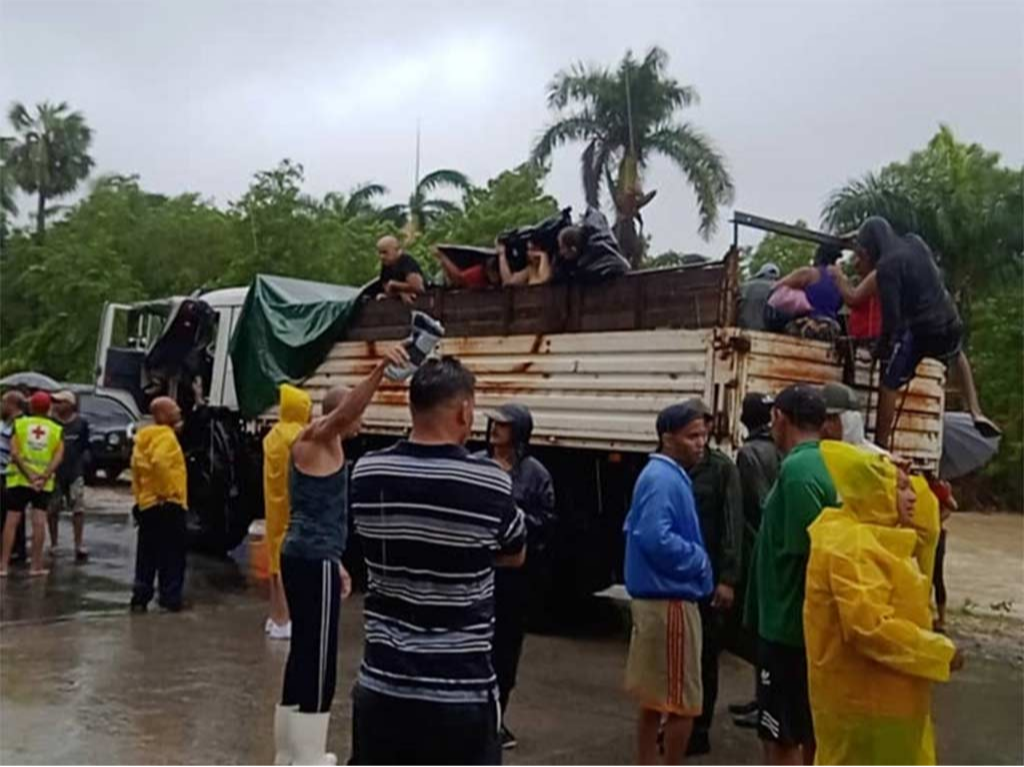The Cuban government is carrying out a series of actions to support the eastern province of Guantanamo, which continues today in a cyclone alert phase as a result of the flooding left by tropical storm Oscar.
According to the first colonel, Luis Ángel Macareño, of the Civil Defense Organ, in the municipalities of San Antonio el Sur and Imías, rescue and salvage work continues, given the severity of the flooding caused by the meteor.
On Tuesday, during an extraordinary session of the National Defense Council, Macareño warned about the saturation of the soil in these territories and the need to immediately carry out a process of evaluation of the damages and needs.
Meanwhile, the Minister of Agriculture, Ydael Pérez, reported that work is being done on four main lines: supplying food to those affected, to people who perform support work, completing the standard family basket, with emphasis on the population of Imías and San Antonio del Sur, and other additional products for consumption.
For the entire province, located in the eastern end of the country, inputs such as flour for making bread are prioritized, and the strategy includes direct attention to the most vulnerable family nuclei.
By order of the country’s top leadership, a Government work group is located in Guantánamo that will remain for a long time to accompany the recovery efforts, together with the authorities of the territory.
According to preliminary figures, the damage to the housing stock is quantified at 1,282 houses, of which 1,183 are due to total roof collapses, 1,048 partial roof collapses, and 51 total collapses.
The Revolutionary Armed Forces have carried out 493 rescues so far, which has prevented the loss of human lives in flooded areas, reported the second in command of the Department of Operations of the National Civil Defense Staff, Eduardo Cross.
Speaking on the Mesa Redonda program, Cross explained that 4,865 people are protected in evacuation centers, while another 443 remain sheltered in the homes of relatives, friends and neighbors.


